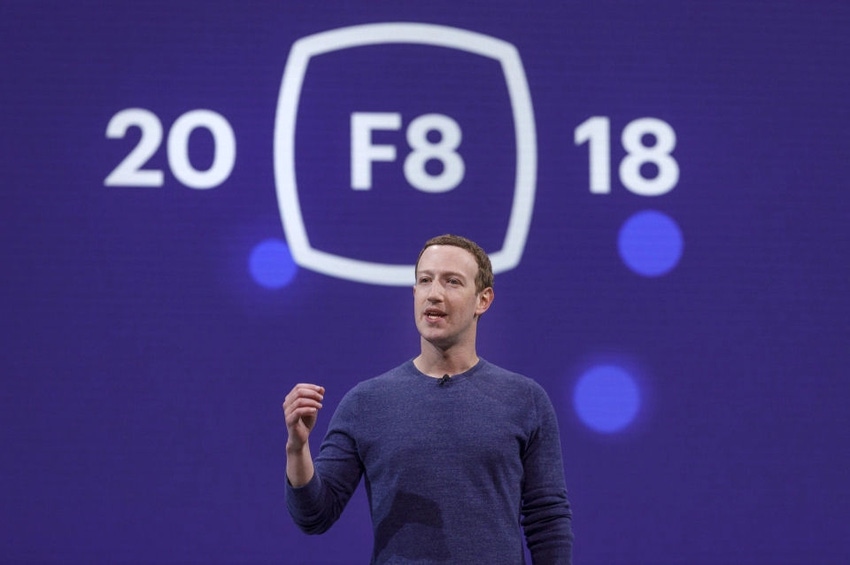While announcing another solid set of numbers, Facebook revealed that sharing is increasingly moving to private channels.
October 31, 2018

While announcing another solid set of numbers, Facebook revealed that sharing is increasingly moving to private channels.
This presents some business challenges for Facebook as monetising services such as instant messaging has proven to be more difficult than just slapping ads in the middle of public streams. As a consequence Facebook’s share price fluctuated a fair bit during the earnings call on the back of knee-jerk reactions from investors.
“Public sharing will always be very important, but people increasingly want to share privately too — and that includes both to smaller audiences with messaging, and ephemerally with stories,” said Facebook CEO Mark Zuckerberg in a public Facebook post. “People feel more comfortable being themselves when they know their content will only be seen by a smaller group and when their content won’t stick around forever. Messaging and stories make up the vast majority of growth in the sharing that we’re seeing.
Now, it’s worth noting that one of the main reasons people prefer our services — especially WhatsApp — is because of its stronger record on privacy. WhatsApp is completely end-to-end encrypted, does not store your messages, and doesn’t store the keys to your messages in China or anywhere else. This is important because if our systems can’t see your messages, then that means governments and bad actors won’t be able to access them through us either.”
It’s very interesting that Zuck chose to attribute such importance to privacy. There have, of course, been all sorts of panics this year around data privacy, with the Cambridge Analytica scandal still clearly fresh in Zuck’s mind. People are rightly more aware than ever of the implications of publishing their personal stuff on the internet and it’s possible that we may have reached peak social media sharing.
Another contributing factor may be the increasing likelihood of being permanently banned from social media platforms for posting content that falls fowl of increasingly broad censorship parameters. Most recently Facebook has taken down accounts associated with conservative activist group The Proud Boys and it seems likely that the move to private messaging is influenced by fear of being banned.
Zuck noted that a lot of this private sharing happens over platforms he owns – Facebook Messenger and WhatsApp – but censorship attention has now moved to his other main property: Instagram. The Daily Beast, NYT, and Verge have all written recently about how much horridness there is on Instagram and how shouldn’t be tolerated. As public sharing becomes increasingly risky, this move to private is likely to accelerate.
About the Author(s)
You May Also Like








.png?width=300&auto=webp&quality=80&disable=upscale)


_1.jpg?width=300&auto=webp&quality=80&disable=upscale)


.png?width=800&auto=webp&quality=80&disable=upscale)